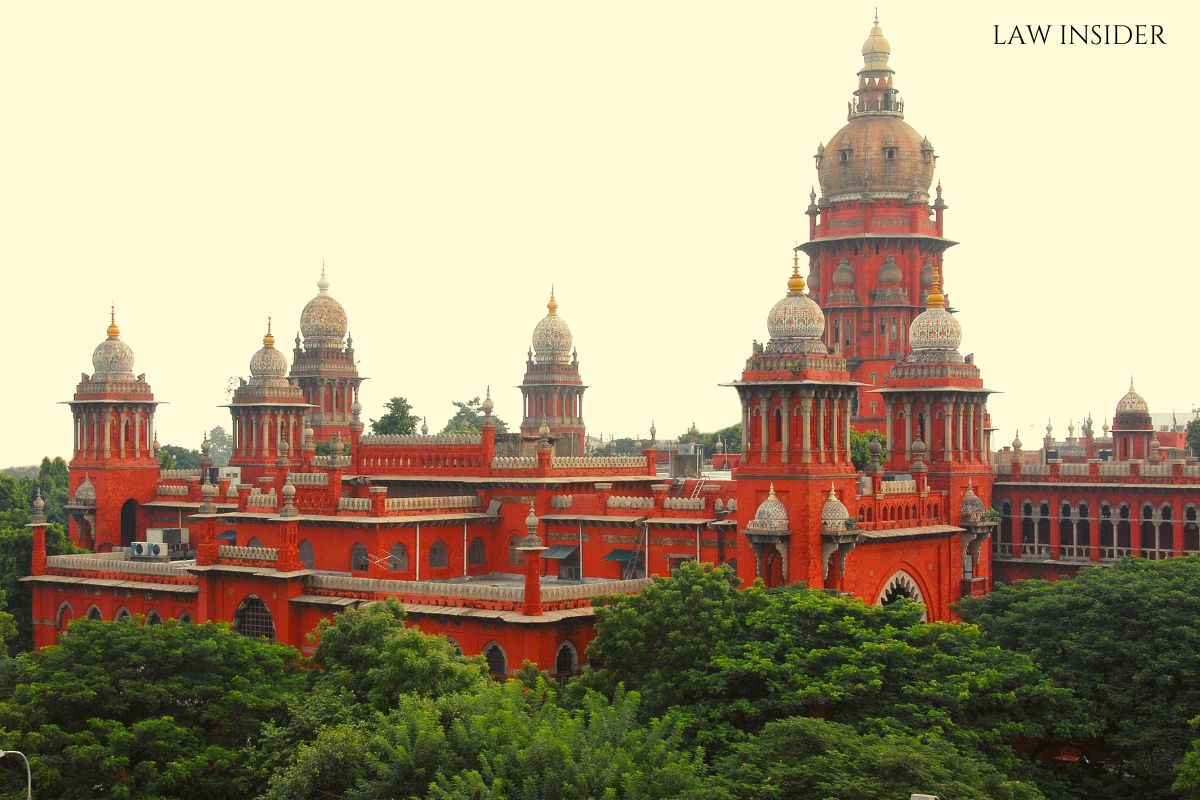LI Network
Published on: 22 August 2023 at 12:35 IST
The Madras High Court has upheld the principle of financial responsibility within a family, ruling in favor of granting monthly maintenance to a wife and her minor child in a significant decision.
This judgment was issued in response to a challenge brought by the petitioner-husband against an order issued by the Principal Judge of the Family Court at Shivamogga.
The order, dated April 21, 2023, had favored the respondent-wife’s application, resulting in a monthly maintenance award of Rs. 10,000.
Represented by his legal counsel, the petitioner strongly opposed the maintenance order on multiple grounds.
He argued that he lacked the financial means to fulfill the regular payments, highlighting his inability to pay the prescribed amount.
Furthermore, he contended that the respondent-wife, who was employed, did not require maintenance despite having custody of their minor child. Lastly, the petitioner’s counsel asserted that the awarded amount was excessive.
However, after meticulously considering the petitioner’s counsel’s arguments and examining the relevant legal documents, the court dismissed the petitioner’s claims.
The court’s decision was rooted in the foundational belief that the marriage was not contested and the legitimacy of the child in the respondent’s custody was not disputed.
The respondent-wife was shown to lack the means to support herself and her child, reinforcing the court’s commitment to maintaining financial support within the family.
In the judgment, the court underscored the legal, religious, and moral duty of an able-bodied individual to provide for their dependent family members.
It cited various legislative provisions that uphold this principle, such as Section 125 of the Criminal Procedure Code, 1973, the Protection of Women from Domestic Violence Act, 2005, and Section 24 of the Hindu Marriage Act, 1955.
Addressing the petitioner’s assertion that he had not made past payments towards his minor child’s maintenance, the court found no plausible explanation for this omission.
The court swiftly rejected the contention that the awarded amount was excessive, considering the current cost of living and the essential needs of the respondent-wife and the growing child.
The court also countered the petitioner’s claims about his health conditions, acknowledging the prevalence of ailments like diabetes but emphasizing that modern medical advancements allow for effective management.
The judgment noted, “It is not the case of the petitioner that the same are not manageable with proper medical care.”
Ultimately, the court dismissed the petitioner’s plea, deeming it lacking in merit.

